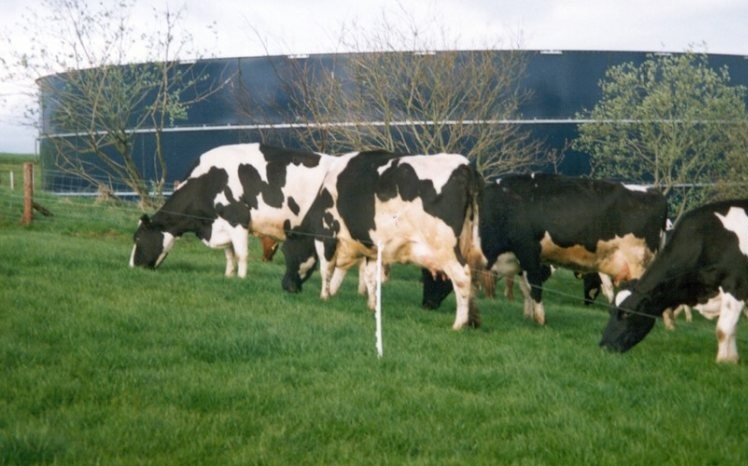
NFU Scotland is calling on the Scottish government to increase the agri-environment budget to fund the levels of investment required for farmers to comply with new slurry storage rules.
The Scottish government’s Water Environment Amendment Regulations 2021 came into force on 1 January 2022.
The rules require minimum slurry storage of 22 weeks for housed cattle and 26 weeks for housed pigs across Scotland.
But NFU Scotland said the the regulations "deliver nothing" for the Scottish economy or for rural communities dependent on agricultural production.
Funding for slurry storage investment must be ring-fenced within the Agri-Environment Climate Scheme (AECS), the union said.
The grant rate available per project must also be increased and for the funding to be made more widely accessible.
From a total AECS budget of some £290m since 2016, figures show that less than 2% has been allocated to slurry storage, with only 134 slurry storage applications approved.
In addition, while the focus of investment through the Sustainable Agricultural Capital Grant Scheme (SACGS) has shifted to precision slurry applications and slurry store covers, NFU Scotland said the limited £5m earmarked for this year "falls short of the funding required".
To be effective in reducing emissions and enhancing the environment, the union said SACGS must be expanded – in terms of overall available funding, eligible expenditure, funding per business and grant rates.
NFU Scotland President, Martin Kennedy said: “Transformational funding needs to be made available in addition to the backstop of regulatory compliance.
“The financial impacts of compliance with new regulations on slurry on some farms and crofts may threaten their economic viability.
"A proportionate solution is required that delivers the desired environmental outcomes without excessive or business threatening costs to individual farms and crofts."
He added: “A significantly enhanced support package is crucial to delivery of the new regulations and vital if production levels from some Scottish livestock farms is to be maintained.”
